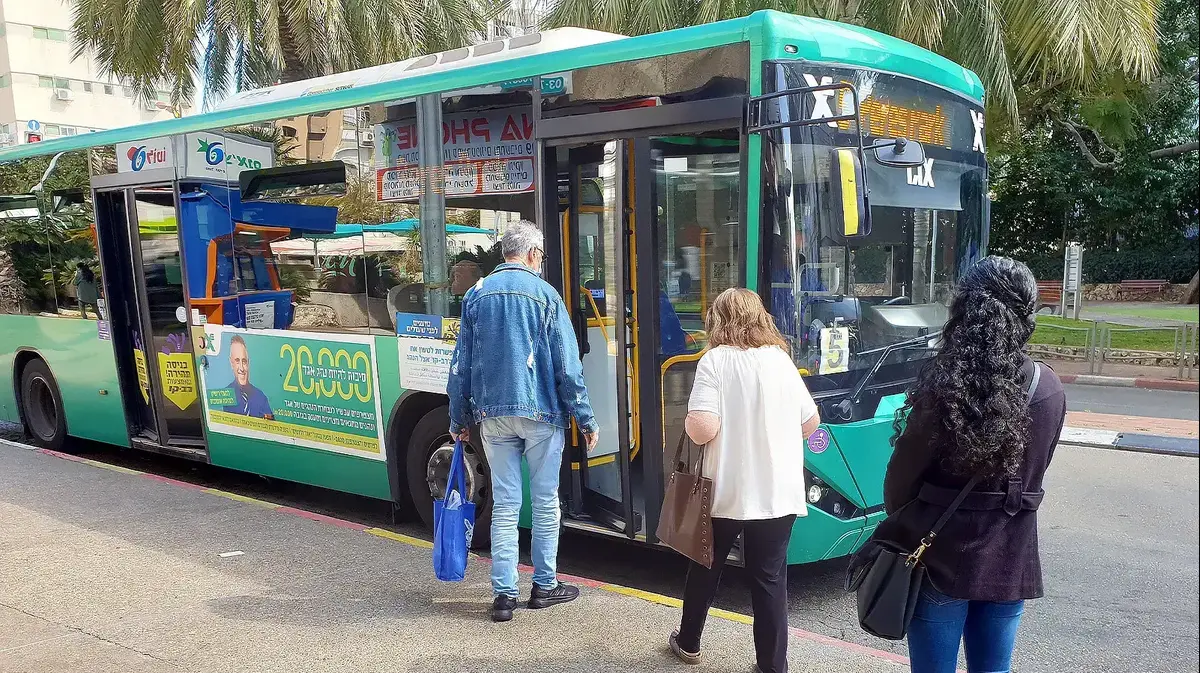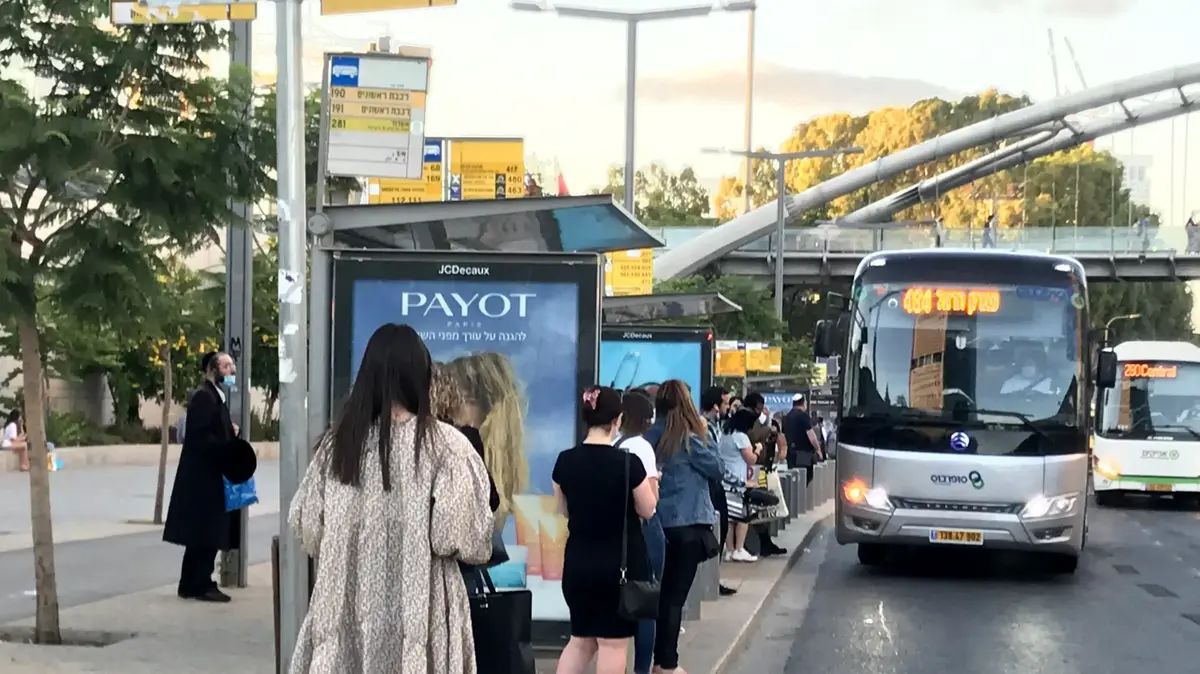On New Year's Eve, the Central Bureau of Statistics publishes a festive data cluster.
What can we learn from it?
When I immigrated to Israel in 1987, 4.4 million citizens lived in Israel.
Today more than 9 million citizens live in Israel.
This year the population of Israel increased by 187 thousand people.
Every year Israel grows by 2%, which is like growing by about one kindergarten level.
If there wasn't a political crisis, about ten mandates in each election would come from voters who never voted.
And yet, the rapid rate of growth in Israel's population is not a central issue in the electoral process, is not used as a basis for decision-making, and almost no one goes to the polls thinking about overcrowding.
If we were a Scandinavian country, with zero population growth and oil revenues like Norway, we would have no reason at all to go to the polls.
Zero population growth means that no more buildings, roads or schools need to be built, there was probably no housing or transportation crisis, and problems such as the aging of the population would be solved with the help of oil revenues.
Norway is also almost completely free of sectarian, religious or national problems.
Israel is the opposite of Norway in almost every sense, but for some reason we go to the polls as if we were Norwegians who could treat elections as a popularity contest.
It seems as if most Israelis are voting against the statistics and against their own long-term interests.
The number of residents in Israel is increasing rapidly, the number of dunams remains the same, Israel is becoming more and more dense, this is the most important fact to go to the polls with.
So what do we do with this fact?
Crowding is not necessarily a bad thing, humans work better when they are in close proximity to each other.
Urbanization, a process spanning thousands of years, allowed humans to specialize, become more efficient, trade and cooperate;
There is a reason why the industrial revolution happened in London and not in the caves of Afghanistan.
There is a reason why hi-tech grows in Tel Aviv and not in the Arava settlements.
Although the population is growing at a rate of 2% per year, the big cities are not growing, which pushes the young couples to the suburbs.
Tel Aviv, for example, suffers from a density of 8,000 inhabitants per square meter, while metropolitan centers in the world have a density of 30,000 inhabitants per square meter - only in Tel Aviv itself it is possible to house another million inhabitants.
These residents could enjoy high-paying work, a rich cultural life and a high quality of life.
Instead they are pushed to Petah Tikva and Rishon Lezion, and in turn push other residents to Harish and Modi'in.
The new neighborhoods that are built for them destroy open spaces and require huge investments in transportation and other infrastructure.
The Israeli government is doing the opposite of what is required - it announces new cities and neighborhoods and pushes the citizens away from the high-paying jobs in the center, it condemns the residents of the engineered cities to a life of poverty, is forced to subsidize expensive transportation and destroys open spaces along the way.
Why does no party promise urban renewal and densification?
The second overcrowding challenge is rooted in the education system, the overcrowding forces us to focus on knowledge-intensive service industries.
This focus requires good achievements from the students, and the only way to achieve this is by improving the quality of teaching.
Without dismantling the power of the teachers union and a thorough educational reform that focuses on achievements, mediocre teachers will continue to produce mediocre students.
Such a reform must also find ways to introduce core studies to ultra-Orthodox students and improve the quality of teaching in the Arab sector.
In recent months, kibbutzim received an additional discount on expensive land, permanent staff and officials continued to enjoy budgetary pensions, the Ministry of Education pampered the teachers with a few more billions without demanding pedagogical compensation, and the Ministry of the Interior continued to plan cities and suburbs that are destructive to the environment and residents.
It turns out that when everyone is talking about just not Bibi, anything can be done.
were we wrong
We will fix it!
If you found an error in the article, we would appreciate it if you shared it with us









